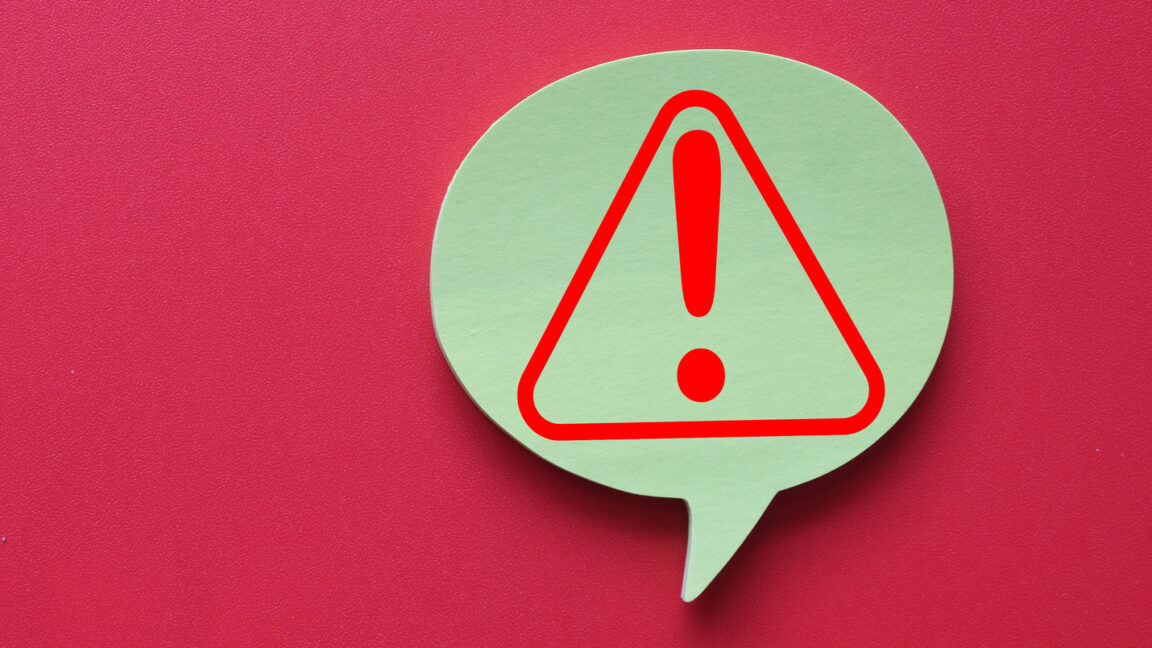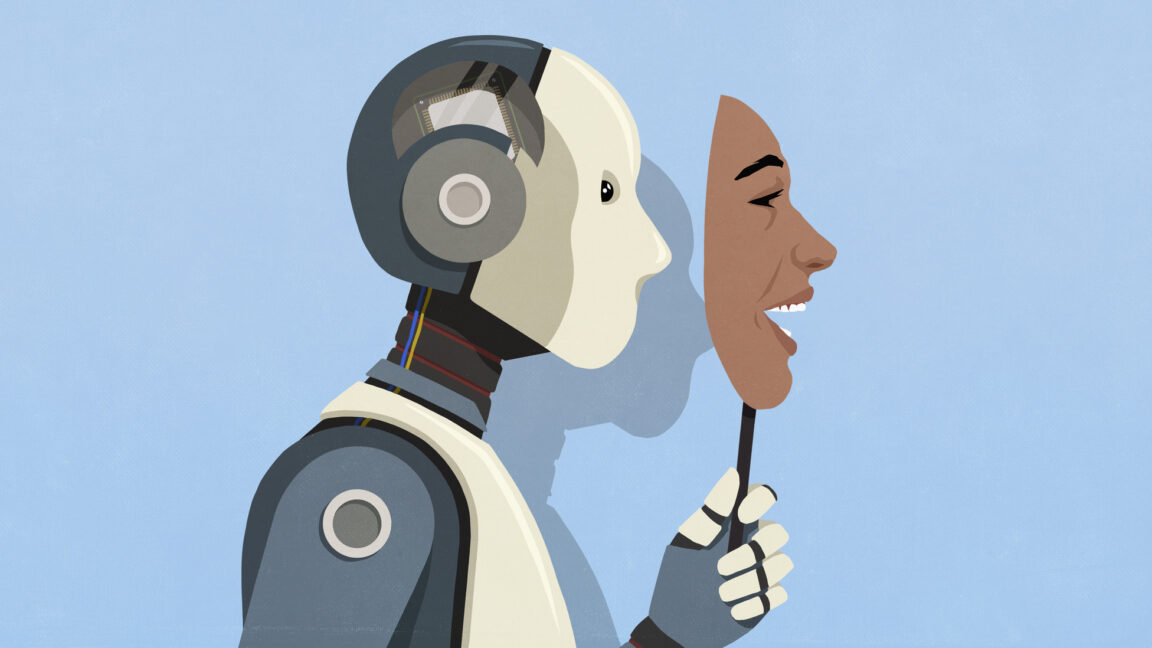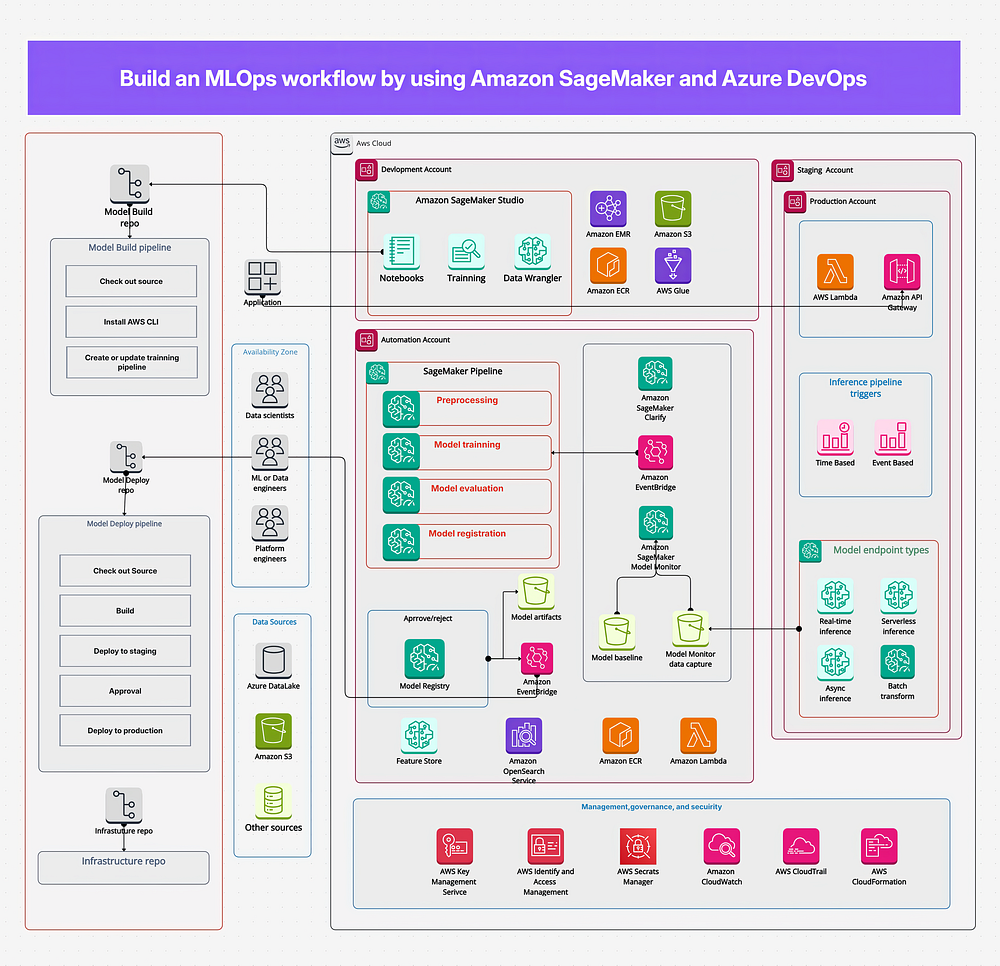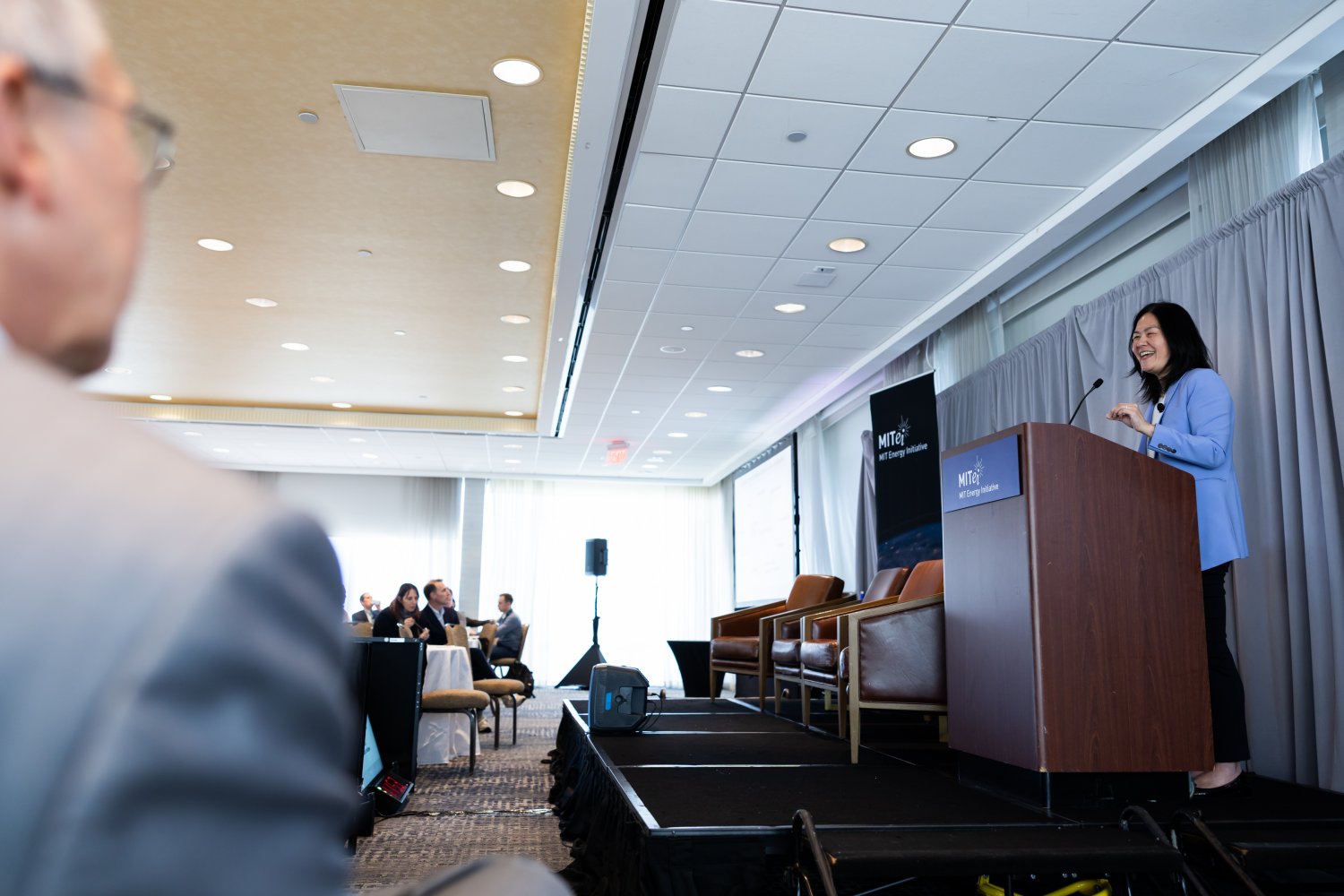Introduction to the Case
The clock is ticking, and so far, OpenAI has not provided any official updates since a June 5 blog post detailing which ChatGPT users will be affected. While it’s clear that OpenAI has been and will continue to retain mounds of data, it would be impossible for The New York Times or any news plaintiff to search through all that data.
The Search Process
Instead, only a small sample of the data will likely be accessed, based on keywords that OpenAI and news plaintiffs agree on. That data will remain on OpenAI’s servers, where it will be anonymized, and it will likely never be directly produced to plaintiffs. Both sides are negotiating the exact process for searching through the chat logs, with both parties seemingly hoping to minimize the amount of time the chat logs will be preserved.
Concerns and Risks
For OpenAI, sharing the logs risks revealing instances of infringing outputs that could further spike damages in the case. The logs could also expose how often outputs attribute misinformation to news plaintiffs. But for news plaintiffs, accessing the logs is not considered key to their case—perhaps providing additional examples of copying—but could help news organizations argue that ChatGPT dilutes the market for their content. That could weigh against the fair use argument, as a judge opined in a recent ruling that evidence of market dilution could tip an AI copyright case in favor of plaintiffs.
Security Concerns
Jay Edelson, a leading consumer privacy lawyer, told Ars that he’s concerned that judges don’t seem to be considering that any evidence in the ChatGPT logs wouldn’t "advance" news plaintiffs’ case "at all," while really changing "a product that people are using on a daily basis." Edelson warned that OpenAI itself probably has better security than most firms to protect against a potential data breach that could expose these private chat logs. But "lawyers have notoriously been pretty bad about securing data," Edelson suggested, so "the idea that you’ve got a bunch of lawyers who are going to be doing whatever they are" with "some of the most sensitive data on the planet" and "they’re the ones protecting it against hackers should make everyone uneasy."
Conclusion
In conclusion, the case of news organizations searching ChatGPT logs is complex and raises several concerns. The search process will likely involve a small sample of data, and both parties are negotiating to minimize the time the chat logs are preserved. However, the risks of sharing the logs, including revealing infringing outputs and exposing misinformation, are significant. Furthermore, the security concerns surrounding the protection of sensitive data are a major issue. As the case unfolds, it will be important to consider the potential implications for both OpenAI and news organizations.
FAQs
- Q: Why are news organizations searching ChatGPT logs?
A: News organizations are searching ChatGPT logs to access data that could help them argue that ChatGPT dilutes the market for their content. - Q: What are the risks of sharing the logs?
A: The risks of sharing the logs include revealing instances of infringing outputs and exposing how often outputs attribute misinformation to news plaintiffs. - Q: What are the security concerns surrounding the protection of sensitive data?
A: The security concerns surround the fact that lawyers may not be able to secure the data properly, making it vulnerable to hackers. - Q: What is the potential outcome of the case?
A: The potential outcome of the case is uncertain, but it could have significant implications for both OpenAI and news organizations.










